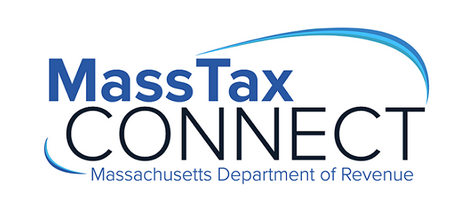As the owner of a small business that will be impacted by the recent Supreme Court decision on online purchases and local tax collection (South Dakota vs. Wayfair), I hope the resulting outcry will be a catalyst for streamlining tax payments to local authorities across the country. But I’m not holding my breath.
In a perfect world, states would make things easier for out-of-state small businesses to pay taxes. Changes could include:
- Ending registration requirements at the state level
- Only taking annual filings instead of demanding monthly or quarterly filings
- Using a 1-page form for submitting taxes
- Accepting digital submissions & payments
But these are old-school state governments we’re talking about. Many are stuck in the past, or are restricted in their ways of thinking about the future.
And then there is the ugly fact that some bureaucrats and legislators LOVE to stick it to outsiders. Example: New Hampshire toll booths strategically placed along the Massachusetts border to collect money from vacationers and commuters using small stretches of state or interstate highways. Or, state-level protectionism for local businesses. I’ve encountered this trying to sell books and educational aids to local school districts in the South. Either you can’t sell, or the paperwork requirements are astounding. These aren’t taxes, but they illustrate the mindsets of many state legislatures and bureaucracies when it comes to dealing with out-of-staters.
When it comes time for state lawmakers and officials to craft tax laws for out-of-state small businesses post-#SDvWayfair, they won’t necessarily be thinking of making it easier to file. They’ll think: Why not adapt existing frameworks/processes, with a dollop of extra red tape on top?
 Regarding technology such as digital submissions of tax data and easy online payments: If the Massachusetts Department of Revenue (the agency my Massachusetts corporation deals with) is anything to go by, small businesses will basically be dealing with tech that’s 10 years out of date in terms of functionality, and twice as difficult to use as commercial platforms.
Regarding technology such as digital submissions of tax data and easy online payments: If the Massachusetts Department of Revenue (the agency my Massachusetts corporation deals with) is anything to go by, small businesses will basically be dealing with tech that’s 10 years out of date in terms of functionality, and twice as difficult to use as commercial platforms.
Monumental changes in the nation’s legal framework are often an opportunity to make improvements in the way laws are implemented. But when it comes to the South Dakota vs. Wayfair Supreme Court ruling, I fear they’ve just given 50 state governments and assorted territories an excuse to screw the little guy.
